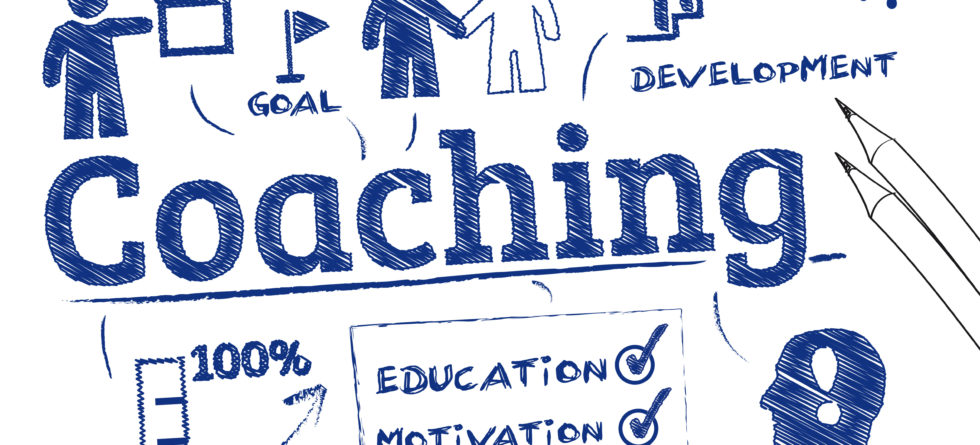Essential Skills for Becoming a Successful Business Coach
Introduction
Becoming a business coach requires a unique set of skills that go beyond just business acumen. While a deep understanding of business dynamics is crucial, the ability to connect with and guide individuals or teams is equally important. In this blog post, we’ll explore the key skills that can set you on the path to becoming a successful business coach.
1. Active Listening:
One of the foundational skills for any coach is active listening. This involves not just hearing words, but truly understanding the underlying emotions and concerns of your clients. By actively listening, you can build trust and create a supportive environment where clients feel heard and valued.
2. Effective Communication:
Clear and concise communication is essential for a business coach. Being able to articulate ideas, provide feedback, and explain concepts in a way that is easily understood is crucial. Effective communication also involves adapting your style to meet the needs of different clients and situations.
3. Problem-Solving:
Business coaches often work with clients to identify and overcome challenges. The ability to analyze problems, develop creative solutions, and guide clients through the implementation process is a key aspect of the role. A successful business coach should be adept at helping clients navigate obstacles and find sustainable solutions.
4. Empathy:
Empathy is the ability to understand and share the feelings of another person. In the context of business coaching, it means being able to connect with your clients on a personal level, recognizing their struggles, and celebrating their successes. Empathy fosters a strong coach-client relationship and enhances the overall coaching experience.
5. Goal-Setting:
Helping clients set and achieve goals is a fundamental aspect of business coaching. Coaches should be skilled in assisting clients in defining clear and achievable goals, breaking them down into manageable tasks, and developing action plans. Regularly reviewing and adjusting these goals ensures continued progress.
6. Understanding of Business Dynamics:
While coaching is not about providing business advice, a solid understanding of business dynamics is essential. This includes knowledge of industry trends, market forces, and organizational structures. This background allows a business coach to contextualize their guidance within the broader business landscape.
Conclusion
Becoming a successful business coach requires a well-rounded skill set that encompasses active listening, effective communication, problem-solving, empathy, goal-setting, and a strong understanding of business dynamics. By honing these skills, aspiring coaches can create meaningful and impactful relationships with their clients, helping them navigate challenges and achieve their business objectives.
To be a business coach, skills such as active listening, effective communication, problem-solving, empathy, goal-setting, and a good understanding of business dynamics are essential.






